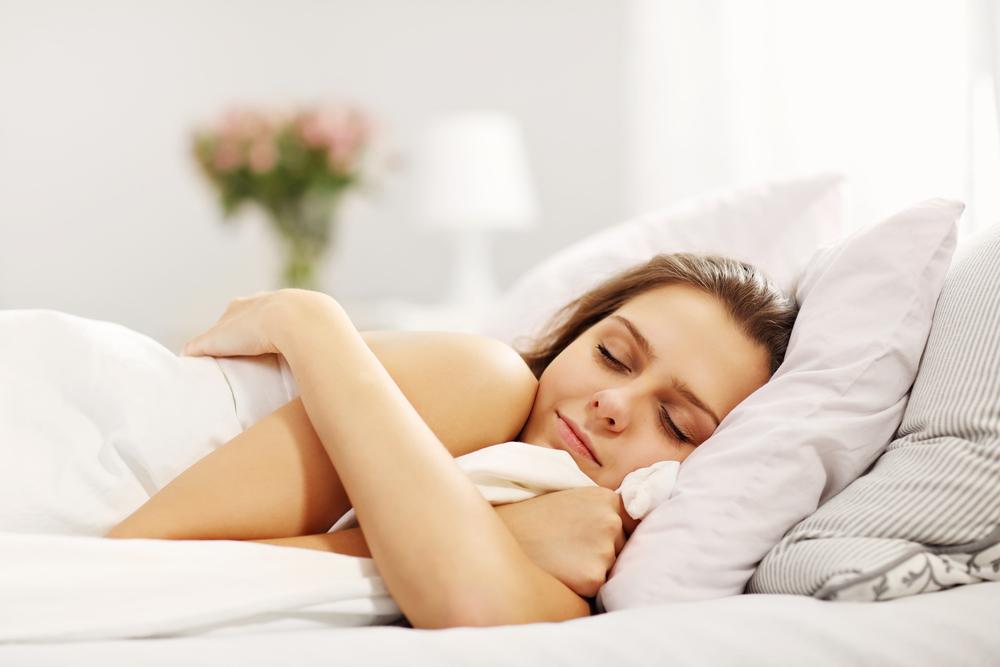What’s your normal bedtime routine?
You probably take a shower, brush your teeth, comb your hair, and then change into your pajamas for the evening. Perhaps, you read a book or work on a small crafty project such as knitting.
More often than not, people incorporate modern technology into their bedtime routine. Celebrities and normal people alike are so active on social media that their sleep suffers in unpredictable ways.
This can be in the form of looking at social media posts on your phone or tablet, watching a Netflix show on your computer, or even watching TV as you fall asleep.
You may not even realize how much you use your phone since it’s become such a big part of your life.
However, not taking a break from your screen time affects your sleep quality, which in turn affects other parts of your life.
In this article, I’ll tell you how technology affects your sleep quality and how to use technology to help you get better sleep.
Let’s get started with how technology affects sleep.
Technology Affects Melatonin Levels
Melatonin is important for sleep since it helps regulate your sleep and wake cycles. Screen lights from phones, tablets, laptops, and even televisions emit a blue light that decreases your melatonin levels.
When you have low levels of melatonin, it becomes more difficult for you to fall asleep and stay in a deep slumber.
To increase your melatonin levels, try not to have screen time before bed or even better yet remove the screen from your bedroom. Keep your phone charging in a different room and remove the television from your room if you have one.
Technology Affects Your Brain Activity
Do you sometimes like to squeeze in a few more work tasks before bed?
It seems that only a few minutes with your phone won’t affect your sleep quality, but does.
When you decide to read or write a couple emails or even watch a movie before bed, it captivates your brain and compels it to stay active.
These activities can make it hard for your mind and body relax before bed, which is something you need after a long day of work and looking at your screen.
The same tips from the last section apply to this situation too. Put your phone in a different room or even setting a time when you turn off the screens.
Technology Affects How You Sleep
How often do you wake up in the middle of the night?
It’s fairly often if you keep your phone next to your bed and receive continuous notifications from your messaging apps.
If you keep at least one device in your bedroom, you’re likely to lose at least one hour of sleep.
If you have to keep your phone within arms reach, try silencing your notifications for the night or create a notification schedule on your phone.
How to Curb Your Technology Habits
Now, let’s get to the heart of this article: curbing your technology habits and getting better sleep.
Although the first part of this article discusses how technology decreases your sleep quality, there are a few tech tools that can help you get the sleep that you need.
Here are a few that I’ve tried and made a difference in my own sleeping habits.
#1 A Muse Headband
This headband helps you relieve stress and even guides you through different meditation practices.
The headband’s technology tracks the brains activity and then creates a unique stress relief exercise for you.
If you don’t want to shell out the money for a Muse Headband, you can download very inexpensive or free apps.
#2 Here One Smart Earbuds
These progressively designed earbuds help drown out noise, which makes falling and staying asleep easier.
#3 Sleep Monitors
Sleep monitors are great since it analyzes your sleep patterns for you and you can make adjustments accordingly.
Very well-designed sleep monitors will not only track how often you move in your sleep but also the temperature and lighting in your room.
Of course, you can download a sleep monitor app on your phone if you don’t want to pay for one.
#4 Fitbit Charge
More advanced Fitbits can do more than keep track of your steps, they can also help you manage your sleep habits.
The Fitbit Charge 2 has the same features as a sleep monitor and can track how long you were at each stage of the sleep cycle. Additionally, you can set an alarm on it so you wake up with a vibration instead of a screeching alarm clock.
Now, you have all the necessary information for having a better night’s sleep and having even more productive and fulfilling days.
Let us know which sleep technology habits you’re guilty of and how you’re working to fix it!
Good night and sleep tight!

